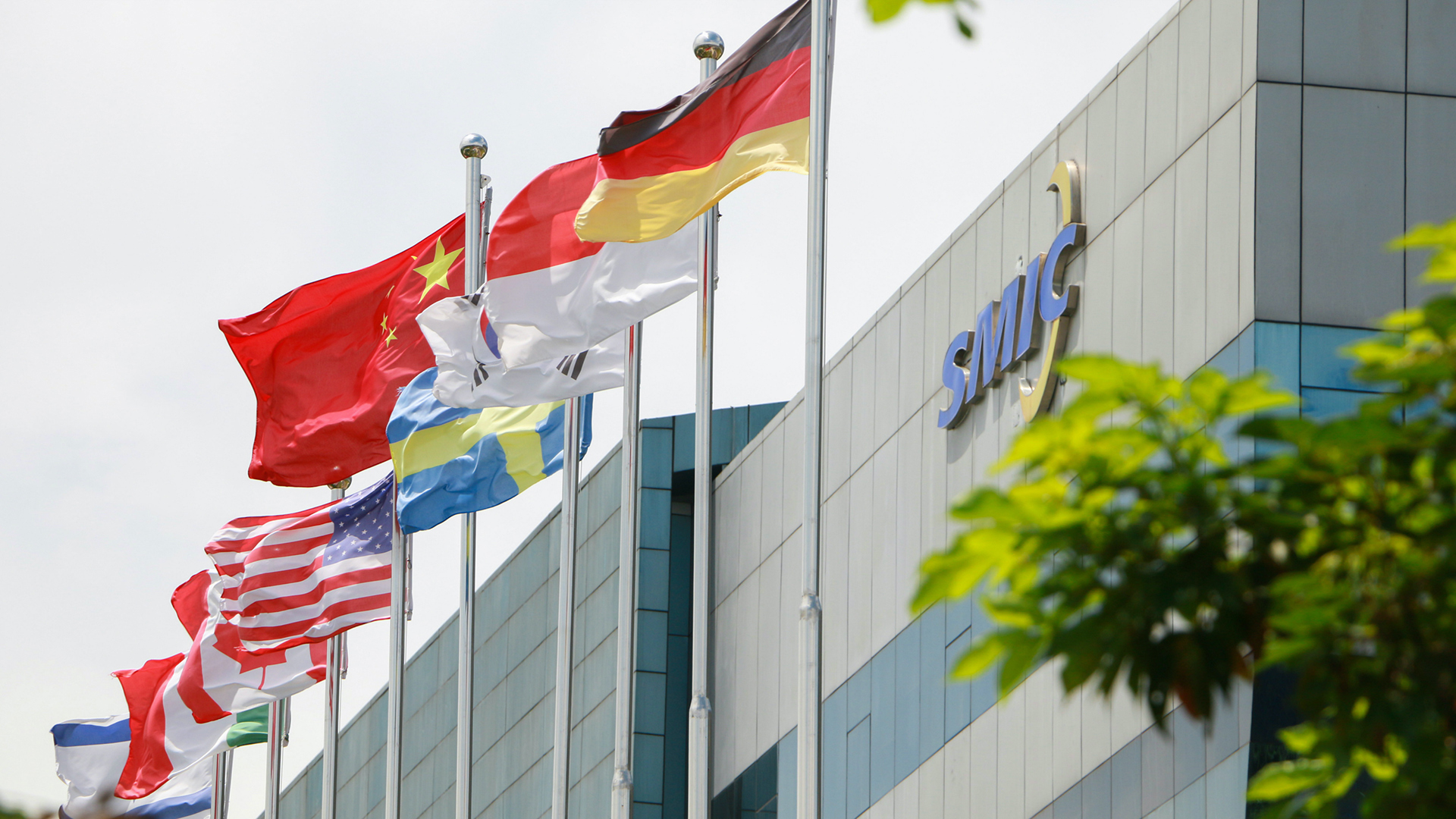
Although the U.S. government has imposed strict restrictions on Huawei and Semiconductor Manufacturing International Corp. (SMIC), the former can still access leading-edge process technologies, and the latter can obtain advanced production tools. Michael McCaul (R, TX), who chairs the House Foreign Affairs Committee, is calling on the U.S. Commerce Department to investigate SMIC’s potential production of chips for Huawei and its violation of the U.S. export controls, reports Reuters.
McCaul urged the Bureau of Industry and Security (BIS) within the Commerce Department to visit SMIC’s fabs. He suggested that SMIC may be aiding Huawei in evading U.S. export restrictions, a concern shared across both parties, and emphasized the importance of more stringent enforcement of trade controls.
McCaul called into question SMIC’s recent achievements, such as making Huawei’s HiSilicon Kirin 9000S application processors for smartphones and HiSilicon Ascend 9000B processor for AI applications on N+2 manufacturing technology (7nm-class), along with the Ascend 910C made on SMIC’s N+3 fabrication technology (6nm-class). He deduces that these advances clearly indicate that SMIC continues to advance its process technologies in a potential violation of U.S. export laws.
The U.S. export controls imposed in 2022 require makers of fab tools to obtain an export license on equipment that could be used to make FinFET-based chips on 14nm/16nm-class process technologies. However, this only applies to fabs that can already make semiconductors on the said production nodes. As result, these restrictions are sidestepped by channeling advanced fab equipment to unrestricted fabs that formally do not support sophisticated process technologies. Policies set during the Trump administration allowed U.S. exporters to obtain licenses to sell certain products to Huawei and SMIC, enabling billions of dollars in sales, but also opening doors to circumventing restrictions.
Back in October…
Read full post on Tom’s Hardware
Discover more from Technical Master - Gadgets Reviews, Guides and Gaming News
Subscribe to get the latest posts sent to your email.








